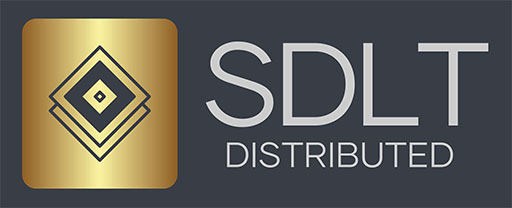Hill Delivers Remarks at Hearing on How Tokenization of Real-World Assets Will Facilitate …
Hill Delivers Remarks at Hearing on How Tokenization of Real-World Assets Will Facilitate Efficient Markets
Washington, June 5, 2024 –
Today, the House Financial Services Subcommittee on Digital Assets, Financial Technology and Inclusion, led by Chairman French Hill (AR-02), is holding a hearing entitled “Next Generation Infrastructure: How Tokenization of Real-World Assets Will Facilitate Efficient Markets.”
Watch Chairman Hill’s opening remarks here.
Read Chairman Hill’s opening remarks as delivered:
“Last month, the Committee made history by ushering in comprehensive digital asset market structure legislation across the House floor with strong bipartisan support.
“This came on the heels of strong bipartisan support to repeal Staff Accounting Bulletin 121 so that regulated financial institutions would be able to custody digital assets.
“Although our work with digital assets is far from done, I am delighted that this Subcommittee’s focus today will now shift to other related topics.
“The tokenization of real-world assets is one such area that I am particularly interested in getting into today.
“Because tokenizing real world assets involves blockchains, or distributed ledger technology (DLT), some might view tokenization as a mere extension of the digital asset conversation that we have been in this Committee for over a year.
“However, it deserves its own distinct conversation and prioritization.
“While digital assets are generally issued and managed on blockchain networks, tokenization can bring traditional finance ‘on-chain.’
“To put this in a different context, tokenization can leverage the efficiency and transparency of blockchains to help modernize U.S. markets.
“Some components of our capital markets suffer from inflated costs, stranded liquidity, siloed markets, and high barriers to entry.
“Unsurprisingly, some of these limitations are also present in the banking system as well, where it can take can time to transfer funds and reconcile ledgers between two different financial institutions.
“With the help of blockchain, tokenization can automate some of these critical processes within a financial transaction, bringing along streamlined settlement and lower costs. And, lowering agency costs is such an important component of benefitting consumers in financial services.
“Because of the transparency, immutability, and compliance programming, blockchains can offer a secure and transparent record of ownership for tokenized assets, which reduces the risk of fraud, errors, and increases trust and visibility into transactions.
“Many markets could stand to gain from these benefits.
“We’ve seen some positive steps, in states’ adoption of new amendments to the Uniform Commercial Code. This provides updated rules for commercial transactions regarding digital assets.
“But unfortunately, we’ve also seen regulators hinder innovative progress through guidance.
“Banking institutions, for example, are now required to obtain a nonobjection, or some sort of similar approval process, from a federal regulator before conducting any pilot program touching blockchain technology, such as the idea of tokenizing deposits.
“The private sector should not have to pursue a financial regulator’s endorsement prior to exploring the latest innovation in technologies for a possible way to save the company and consumers money and have a more effective product—it’s just like evaluating any other operating system enhancement in a financial institution.
“We need to ensure our regulators are welcoming this kind of innovation to modernize our markets.
“Today, we are hearing from individuals actively leveraging tokenization to improve and enhance both our capital markets and our banking system.
“Our witnesses are helping usher in the next age of financial services into the United States, and I am excited to learn more about the enhancements that they are actively working on both here and abroad.
“I hope that we can use this hearing to understand where it makes sense for the consideration of tokenization to be utilized and the necessary regulatory and legal considerations that have to be amended or considered in order to make that more of a reality.
“I am also interested to see how tokenization efforts in the U.S. compare to what we’re seeing in other capital markets outside the United States.
“I am grateful for the witnesses for being here today and sharing their wealth of experience.”
###
